electropoetics
Speaking to Listening Machines: Literary Experiments with Aural Interfaces
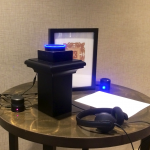
Reading practices have changed along the course of history. Before the ‘democratization’ of the written word - from Homer's Iliad to the medieval troubadours and to more recent public and private oral reading traditions -, reading has long been associated with listening. Today, in the age of algorithms and ‘smart’ interfaces, the sharing of language between humans and computational devices is increasingly ubiquitous and, with the standarization of artificial intelligence systems like Siri, Cortana, and Google Now, we are starting to speak and to listen to machines. In the field of digital literary creation, one example of aesthetic reflection on the questions raised by such networked ‘smart’ interfaces is John Cayley's The Listeners (2015), "a linguistic performance — transacted by visitors and Amazon’s voice-activated Artificial Intelligence and domestic robot, Alexa" (Cayley, 2015b). Through an analysis of The Listeners, articulated with Bernard Stiegler’s notion of the digital pharmakon, this paper aims to reflect on the encounter between literature and digital technologies. Three ideas will be highlighted: 1) the ways in which the technical, economic and political layers that constitute our digital devices pre-determine their usage (how they operate and are operated); 2) the automatic processing of language and orality as interfaces of mediation between humans and “smart” devices; 3) the literary implications of aurality and aurature.
Back to the Book: Tempest and Funkhouser’s Retro Translations
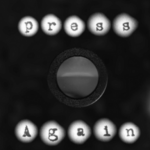
Jeneen Naji describes Chris Funkhouser’s Press Again and Sonny Rae Tempest’s Famicommunist Poetics as examples of “the UnderAcademy style” begun by Talan Memmott. At the same time, within the context of post-digital publication, Naji explores concepts like "transcreation" and "translation" insofar as the two digital practitioners have conveyed experimental e-texts into print.
Digital Ekphrasis and the Uncanny: Toward a Poetics of Augmented Reality
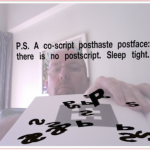
In this essay, Robert P. Fletcher demonstrates how, while putting together digital and print media affordances, augmented print may evoke in readers a sense of the uncanny. Fletcher also explains how works such as Amaranth Borsuk’s Abra (2014), Aaron A. Reed and Jacob Garbe’s Ice-Bound (2016) or Stuart Campbell’s Modern Polaxis (2014) seem to demonstrate the existence of a never-ending return of the “familiar” in electronic literature.
Debates in the Digital Humanities formerly known as Humanities Computing
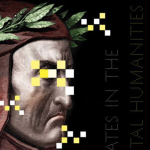
In a review that addresses (and exposes) the founding myth of the "digital humanities" (DH), formerly known as "humanities computing,” Roberto Simanowski and Luciana Gattass measure just how much the 99 articles collected by Mathew Gold and Lauren Klein have overturned "academic life as we know it."
Aurature at the End(s) of Electronic Literature
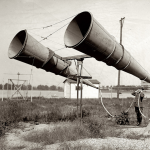
Amazon’s Alexa, Apple’s Siri, Microsoft’s Cortana, and Google Now: How will our encounters with these intelligent personal assistants - robots we’ve invited into our homes to speak with and listen to us, who share this data with vectorialist institutions that monitor our networked transactions - alter both human language and our efforts to lead meaningful lives? In a wide-ranging, philosophical essay that exposes various myths of computation while presenting a candid assessment of the rapidly evolving culture of reading, poet John Cayley speculates that literature will be displaced by aurature. Listen up, readers: A major challenge in the programming era will be to develop linguistic aesthetic practices that intervene significantly and affectively in socio-ideological spaces thoroughly saturated with synthetic language that are largely controlled by commercial interests. The time for aesthetic experiments that disrupt the protocols of a still-nascent aurature is now.
This essay was reprinted in part for the Handbook on Electronic Literature (Bloomsbury 2018).